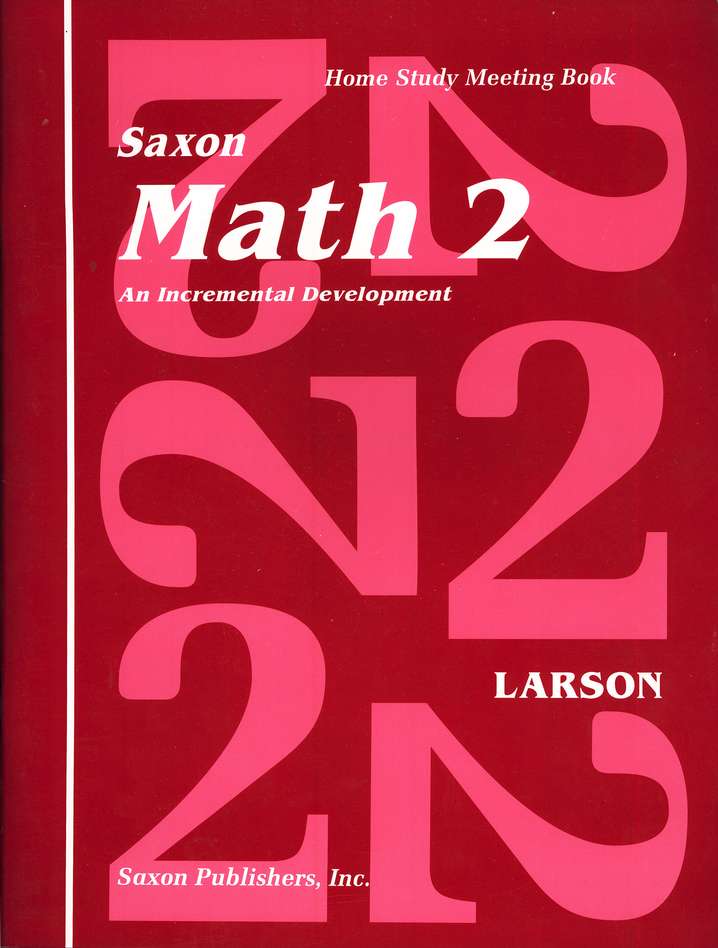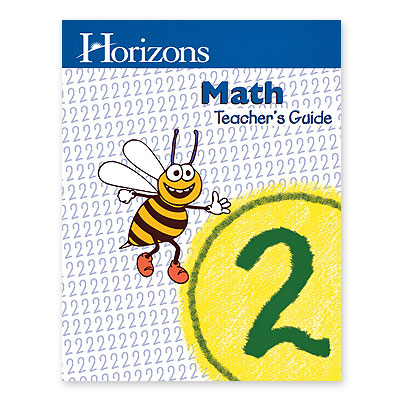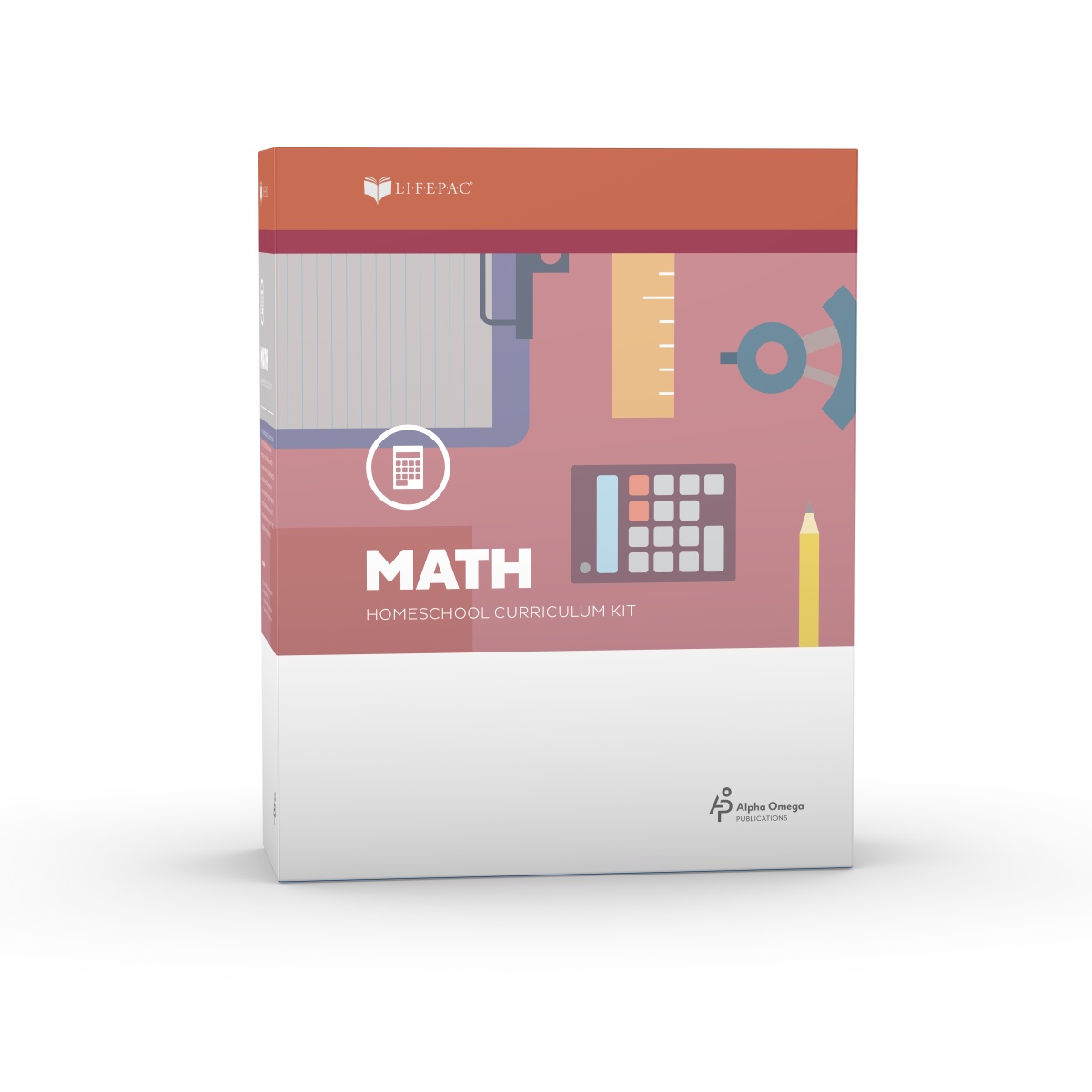Description
The Saxon Math 3 Meeting Book serves as an essential companion to your homeschool math journey, providing a structured yet flexible framework for establishing consistent mathematical routines. This 24-page softcover resource transforms the traditional calendar into a powerful learning tool that supports Saxon Math’s proven spiral approach to mathematical education.
What Makes This Meeting Book Special
Designed specifically for third-grade mathematics, this consumable workbook creates meaningful connections between mathematical concepts and real-world applications. The meeting book follows a complete school year calendar format, beginning in August and concluding in July, allowing homeschooling families to maintain consistency regardless of their chosen academic schedule.
The calendar format serves multiple educational purposes beyond simple date tracking. Each day provides opportunities for students to practice essential skills including telling time, problem solving, and mathematical reasoning. Parents can check off completed daily exercises, creating a visual record of their child’s mathematical journey and helping identify areas where additional practice may be beneficial.
Supporting Saxon’s Spiral Learning Method
Saxon Math’s spiral approach introduces mathematical concepts in small, manageable increments, then continuously reviews and builds upon previously learned material. The Meeting Book reinforces this methodology by providing daily touchpoints for key mathematical concepts. Rather than isolating skills in separate units, students encounter varied mathematical ideas each day, strengthening neural pathways and improving long-term retention.
This approach particularly benefits homeschooling families because it allows parents to observe their child’s understanding develop gradually over time. The consistent review helps prevent the “forgetting” that often occurs when mathematical concepts are taught in isolated blocks and then abandoned for weeks or months.
Practical Applications for Homeschooling Families
Morning Math Routines
Many homeschooling parents find the Meeting Book invaluable for establishing productive morning routines. The brief daily exercises can serve as an excellent warm-up activity, helping children transition into focused learning mode while reviewing important mathematical concepts.
Multi-Level Teaching
If you’re teaching multiple children at different levels, the Meeting Book requires only one copy per grade level. This makes it economical for families with several children, and the structured format helps parents efficiently manage mathematical instruction across multiple grade levels.
Flexible Scheduling
Unlike rigid curriculum schedules, the Meeting Book adapts to your family’s unique homeschooling rhythm. Whether you follow a traditional school calendar, year-round schedule, or unit studies approach, the daily format provides consistency without constraining your educational philosophy.
Rich Educational Content Beyond Calendars
Mathematical Skill Development
The back pages contain valuable reference materials including tips for learning months of the year, birthday recording space, measurement comparison charts, and number word practice areas. These features transform the book from a simple calendar into a comprehensive mathematical reference tool.
Visual Learning Support
The counting strips and zigzag number lines provide visual representations that support different learning styles. These manipulative-style elements are particularly valuable for kinesthetic learners and children who benefit from visual mathematical representations.
Real-World Connections
By integrating calendar work with mathematical practice, students naturally develop understanding of how mathematics applies to daily life. Time concepts, number patterns, and problem-solving skills become meaningful rather than abstract.
Integration with Saxon Math 3 Curriculum
The Meeting Book is designed to work seamlessly with Saxon Math 3’s teacher’s manual and student workbooks. During the daily “meeting” portion of lessons, students engage with concepts that will be formally introduced and practiced throughout the curriculum. This preview-and-review approach helps prepare students for new learning while reinforcing previous concepts.
For families new to Saxon Math, the Meeting Book provides an excellent introduction to the program’s philosophy and methods. Parents can observe how the spiral approach works in practice, building confidence in the methodology before progressing to more complex mathematical concepts.
Supporting Different Learning Styles and Educational Approaches
Charlotte Mason and Living Books Approach
The Meeting Book’s emphasis on real-world connections aligns well with Charlotte Mason’s philosophy of education. The calendar work provides natural opportunities for discussing seasons, weather patterns, and historical dates, creating rich educational conversations beyond mathematics.
Classical Education Integration
The systematic, incremental approach fits naturally within classical education’s emphasis on building strong foundational skills. The daily practice supports the grammar stage of learning by establishing automatic recall of basic mathematical facts and procedures.
Unit Studies Enhancement
While Saxon Math follows its own scope and sequence, the Meeting Book can enhance unit studies by providing mathematical connections to topics being explored in other subjects. Historical dates, scientific measurements, and geographical data can all find natural homes within the calendar format.
Long-Term Educational Benefits
Families who consistently use the Meeting Book throughout Saxon Math 3 often report improved mathematical confidence in their children. The daily practice helps establish mathematics as a normal, manageable part of daily life rather than a dreaded subject. Students develop number sense, pattern recognition, and problem-solving skills that serve them well throughout their mathematical education.
The progress tracking features help parents identify their child’s mathematical strengths and areas needing additional attention. This ongoing assessment capability is particularly valuable for homeschooling families who want to ensure their children are progressing appropriately without the pressure of external testing.
Educational Attributes:
- Grade Level: 3rd Grade
- Subject: Mathematics
- Skill Level: Elementary
- Learning Style: Visual, Kinesthetic, Auditory
- Educational Approach: Spiral Learning Method
- Curriculum Type: Structured, Incremental Development
Practical Attributes:
- Page Count: 24 pages
- Estimated Completion Time: Full school year (August-July)
- Answer Key Included: Progress tracking checkboxes
Content/Scope Attributes:
- Topics Covered: Time telling, problem solving, calendar skills, number patterns, counting, measurement concepts
- Real-world Applications: Daily time management, calendar usage, mathematical reasoning in everyday situations
Format/Usability Attributes:
- Format: Softcover workbook
- Reproducible: No (consumable)
Special Features:
- School year calendar format (August-July)
- Birthday recording section
- Measurement comparison chart
- Number word practice space
- Counting strips and zigzag number line
- Daily exercise tracking checkboxes





Reviews
There are no reviews yet.